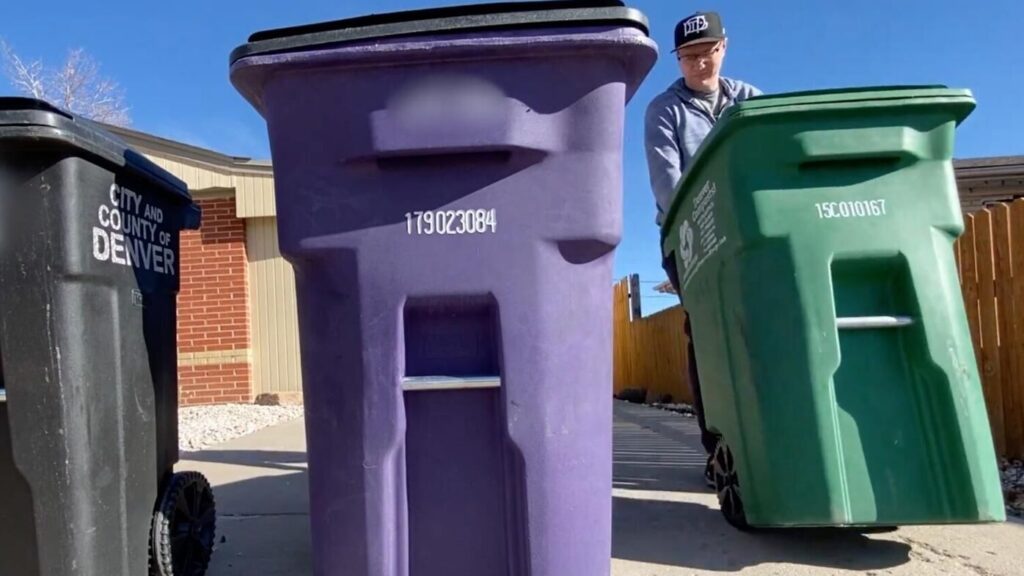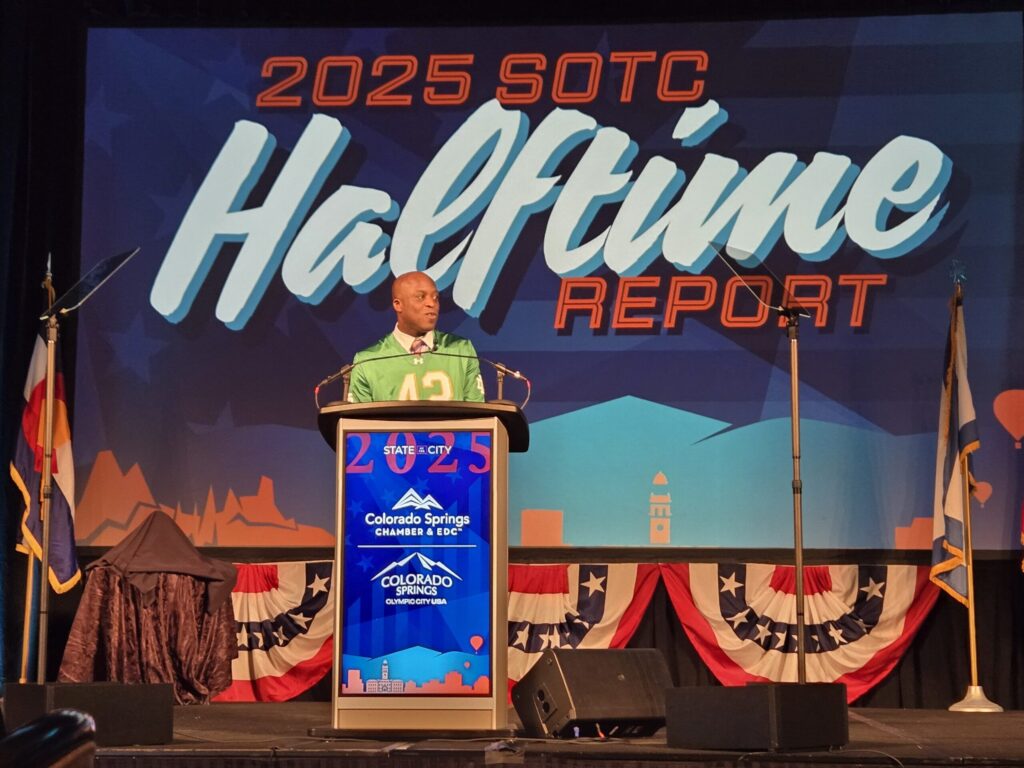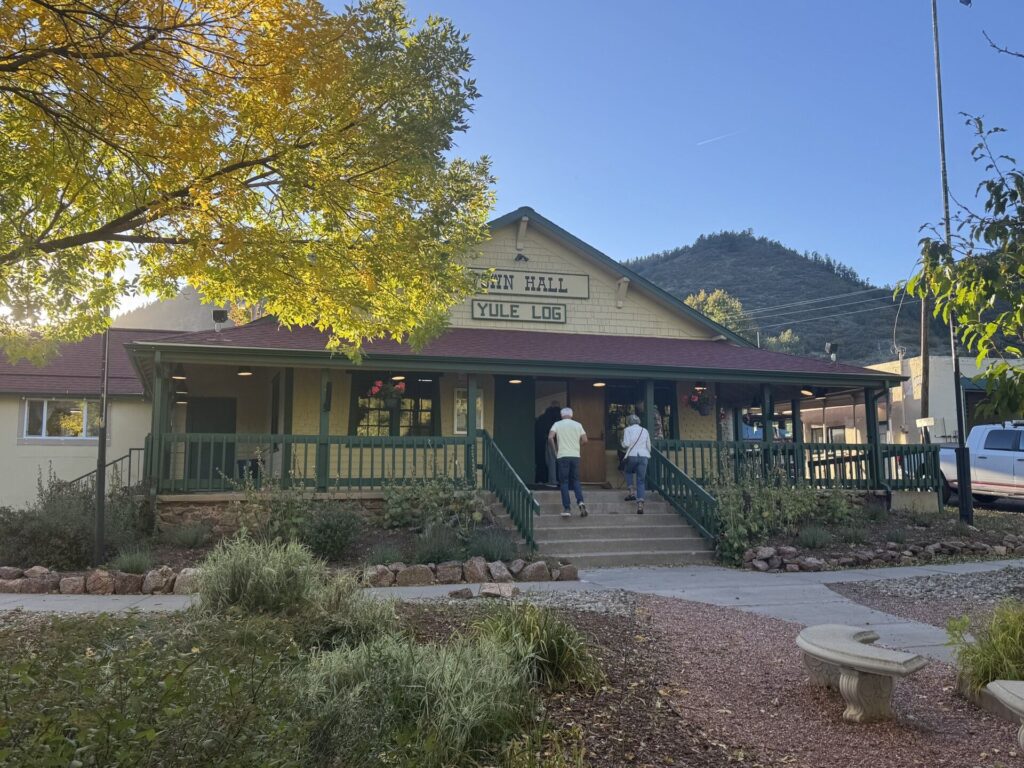Denver school officials urge parents to not provide info for directories
Following President Donald Trump’s promise to crack down on illegal immigration and launch a mass deportation program, Denver Public Schools officials are encouraging parents to opt out of updating their emergency contact information.
And while they didn’t expressly say it, the school officials likely have in mind students and families who are unlawfully staying in the country.
The Family Educational Rights and Privacy Act of 1974, or FERPA, limits access to certain student documents. But not a school’s directory.
“Directory information is public,” said Bill Good, a district spokesperson.
The information can be requested via the Colorado Open Records Act.
Families enter their emergency contact information for each student through a school’s “Parent Portal.” District policy does not require the emergency contacts to be family members. They can be any trusted adult known to the family.
“Government agencies may seek directory information without a warrant or other legal justification,” Superintendent Alex Marrero wrote in a memo last week.
Marrero also reiterated to school leaders that district policy does not permit U.S. Immigration and Customs Enforcement (ICE) officials on campus.
“Per DPS Administrative Policy JIH (Student interviews, interrogations, searches and arrest), federal immigration law enforcement activities would not be permitted at our schools on transportation routes on DPS property or during school activities,” Marrero wrote.
The student policy was first adopted in 1971 and revised in 2019.
Marrero urged school leaders to use a building’s intercom system to communicate with federal officials.
Ahead of Trump’s inauguration Monday, Marrero provided guidance and training to district staff, who may be tasked with dealing with immigration authorities under the new administration’s mass deportation effort.
On Tuesday, the Trump White House rescinded an Obama-era memorandum known as the “sensitive locations policy,” which instructs ICE and Border Patrol agents to avoid enforcement actions in certain locations, such as schools, churches and hospitals. Exceptions to the order included imminent threats to public safety or national security.
In a statement, the Department of Homeland Security under Trump said: “Criminals will no longer be able to hide in America’s schools and churches to avoid arrest.”
A landmark U.S. Supreme Court decision in 1982 struck down a Texas law that withheld from schools state funds for the education of children not “legally admitted” into the U.S. and allowed districts to deny them enrollment.
Subsequently, neither the Colorado Department of Education nor Denver Public Schools tracks students’ immigration status.
The immigrant students who arrived in Colorado over the past two years have strained Colorado’s education system.
Last year, Gov. Jared Polis signed a bill authorizing an additional $24 million, which equates to a one-time payment of $4,500 for each “new arrival student.”
That translated into $4.9 million for Denver Public Schools, said Jeremy Meyer, a Colorado Department of Education spokesperson.
The law went into effect on April 18, 2024.
Denver’s enrollment decline has been temporarily buoyed by the influx of the new students, many of whom crossed the border illegally with family members.
In Colorado, enrollment is tied to funding.
The district has about 1,000 more students enrolled this school year than district officials had projected, marking a second year of consecutive gains.
The Denver metro area has been grappling with the humanitarian crisis that started two years ago. Since then, nearly 43,000 immigrants have arrived in Denver, costing the city $80 million.











